Contrary to popular belief, ecology is at the heart of all discussions in Dubai. Between eco-friendly solutions and targets to be met by 2050, the city of the United Arab Emirates is constantly striving for perfection. Today, let's take a look at some figures on ecology in Dubai.
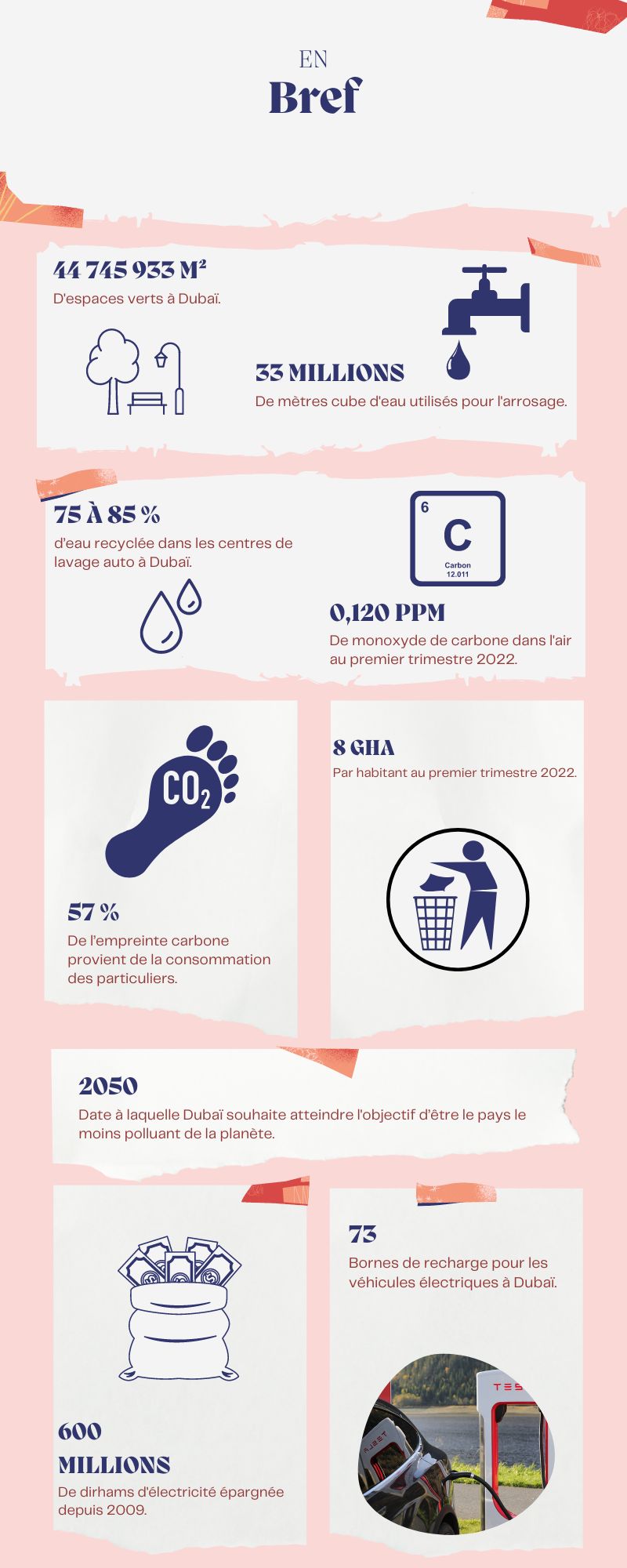
Table of contents
- 44,745,933 m² of green spaces
- 33 million cubic meters of water dedicated to irrigation
- 75 to 85 % of recycled water in car washes
- 0.120 ppm carbon monoxide in air
- 57 % of the carbon footprint is borne by individuals
- 8gHa per capita in the first quarter of 2022
- The least polluting country by 2050
- 600 million dirhams of electricity saved
- 73 charging stations for electric vehicles
44,745,933 m² of green spaces
When you think of Dubai, you think of a big concrete city. However, the city also offers a wealth of natural spaces. In the first quarter of 2022 44,000 745,933 m² of green spaces. More than 5 million trees, including 45,606 palm trees. They are also 1.8 million square metres of flowers of all species that cover Dubai's parks. Finally, there are more than 8 million square metres of grass cover.
Of course, every quarter, the total number of trees and flowers increases. Indeed, the city of Dubai is putting the emphasis on greenery. By multiplying the number of trees, the city aims to lower carbon dioxide levels. However, feeding all these plants in the desert requires a lot of water.
33 million cubic meters of water dedicated to irrigation
To water these millions of square meters of green space, the municipality spends every quarter 33 million cubic meters of water. In the desert, plants need more water. So it's important to use all the resources necessary to keep green spaces healthy. All in all, it costs 29,176 dirhams to the city. Of course, much of this water is recycled before being used to water the various plants.
These are not the only places in the city that benefit from recycled water. Indeed, Dubai places great emphasis on the responsible use of natural resources.
75 to 85 % of recycled water in car washes
Between 75 and 85% of recycled water in car washes. Dubai residents who want to wash their cars do so using as little drinking water as possible. Eventually, of course, the city wants to recycle 100 % of its wastewater. To achieve this goal, dozens of recycling centers have been set up in Dubai. The water is then treated and distributed to all systems requiring recycled water. Car washes in Dubai are therefore environmentally friendly.
Another natural element continues to worry residents of the United Arab Emirates city. Indeed, the population is starting to work together to improve air quality.
0.120 ppm carbon monoxide in air
Dubai's air quality will soon be perfect. However, air quality is improving year by year. In the first quarter of 2022, we can expect a minimum of 0.120 ppm carbon monoxide in air. At the highest peak 1,390 ppm monoxide level. The city is nevertheless making great efforts to adapt and offer its inhabitants healthy air. As we saw earlier, Dubai places great emphasis on green spaces. By increasing the number of green spaces, carbon monoxide levels are also reduced. The city has introduced towers to purify the air. By drawing in air and filtering it, these towers are able to release pure oxygen for residents.
To reach its 2050 targets, Dubai will have to launch major awareness-raising campaigns. Today, it's local residents who have the greatest impact on Dubai's ecology.
57 % of the carbon footprint is borne by individuals
The vast majority of the carbon footprint created in Dubai is mainly caused by the city's residents. In total, 57 % of city pollution is caused by the various dwellings. While air-conditioning is part of the problem, it's interior lighting systems that consume the most energy in Dubai. This is because.., 20 % of carbon footprint comes from the excessive, and sometimes unnecessary, use of various lighting systems in the home. To counter this, the government is starting to impose low-energy solutions such as LED bulbs.
The remainder of the carbon footprint is divided between government energy use and that of individual companies. Businesses account for 30 % of Dubai's carbon footprint. Government services only have an impact of 13 % on local ecology. Most studies also show that the carbon impact per capita is extremely high.
8 gHa per capita in the first quarter of 2022
At the start of 2022, the carbon footprint will be 8 gHa per capita. gHa is the chosen measure for quantifying biocapacity. Today, it is used to measure different carbon footprint rates around the world. In Dubai, this rate is well above average. In fact, scientists would like to see all countries is 2.5 gHa per capita per year. By way of comparison United States are at 5.5 gHa per capita. Kuwait, for its part, has a rate of 4.5 gHa per inhabitant. In France, the ecological footprint per inhabitant per year is represents 4.7 gHa.
However, Dubai is constantly striving to improve its facilities, and has been raising awareness among its various residents for many years. The aim is to achieve the city's ultimate goal.
The least polluting country by 2050
By 2050, Dubai aims to be the least polluting country on the planet. To achieve this goal, numerous awareness-raising campaigns have been organized since 2007. As a result 7% reduction in pollution by 2020. The aim is to reduce by 25 % emissions by 2030. Finally, by 2050, the city aims to achieve a pollution reduction of 75 %.
For the time being, these objectives seem achievable. What's more, the city has already managed to save a considerable amount of electricity by raising awareness among residents.
600 million dirhams of electricity saved
Since 2009, residents have had to be careful with their electricity consumption. To avoid polluting the planet unnecessarily, they are asked to use electricity sparingly. As a result, more than 600 million dirhams of electricity saved thanks to the attention of the population. By using less air conditioning, taking care to turn off the lights when they leave a room and adopting healthy gestures, the efforts of Dubai's residents are starting to pay off.
To limit their ecological footprint, some Dubai residents have turned to greener cars. So the city had to adapt by offering electric charging stations.
73 charging stations for electric vehicles
By 2022, a total of 73 electric car charging stations which are spread throughout the city of Dubai. The target for 2025 is to reach a total of 100 terminals available for electric car owners. While the charging stations are designed for all brands of electric or hybrid vehicles, a large proportion are dedicated exclusively to Tesla vehicles. Indeed, Elon Musk's cars are very popular in Dubai. Tesla also has showrooms and dealerships in this major city of the United Arab Emirates.
While the city will soon offer a totally green solution, it is gradually moving towards more environmentally-friendly habits. By 2050, the targets should be met and Dubai will be one of the world's least polluting cities.
What to do in Dubai in 1 day, 2 days, 3 days, 5 days, a week?
Whatever the length of your stay, I invite you to download my special Dubai guide.
It's free and in PDF format.
All you have to do is tell me below which e-mail address you'd like to receive it at.
EDIT: you can't enter your email?
Take the quiz at the top of this article and you'll be able to register your email address to receive the special Dubai guide!
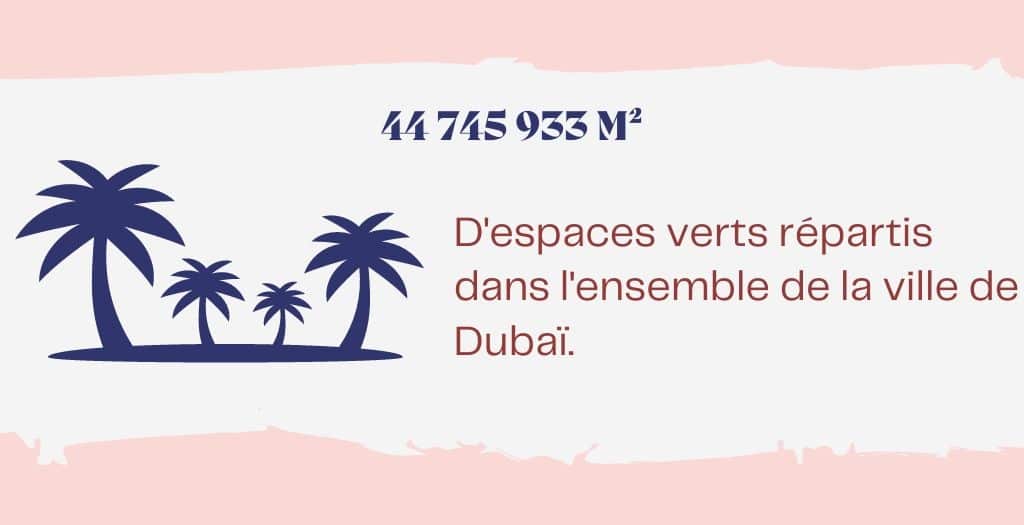
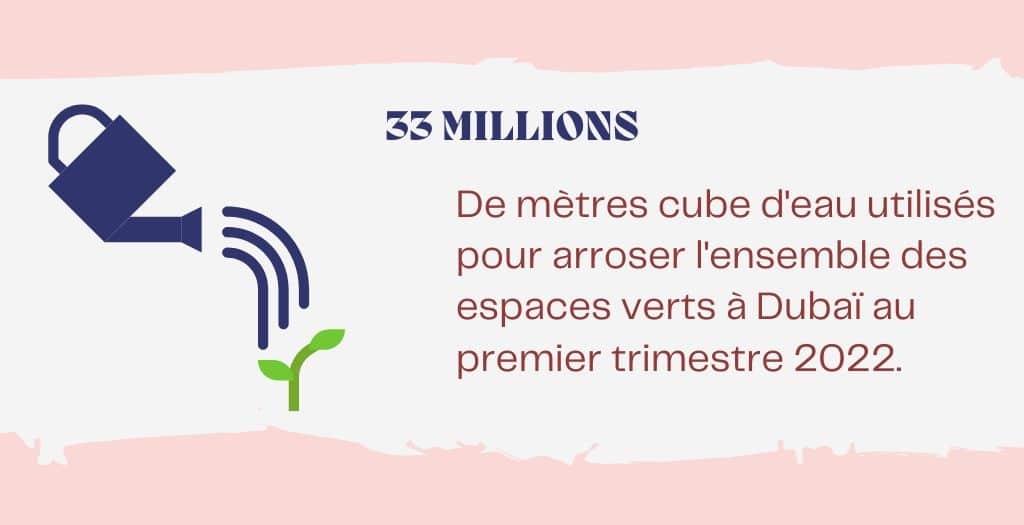
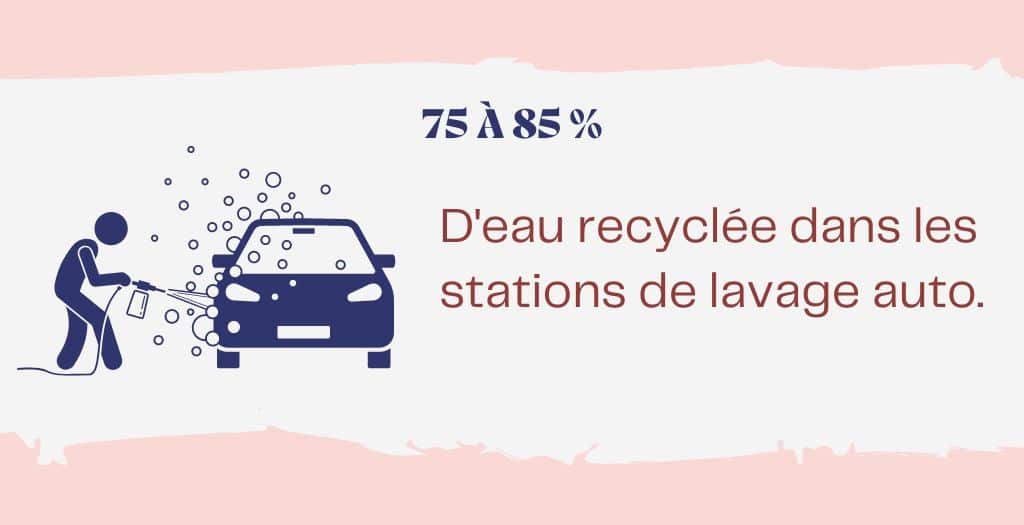
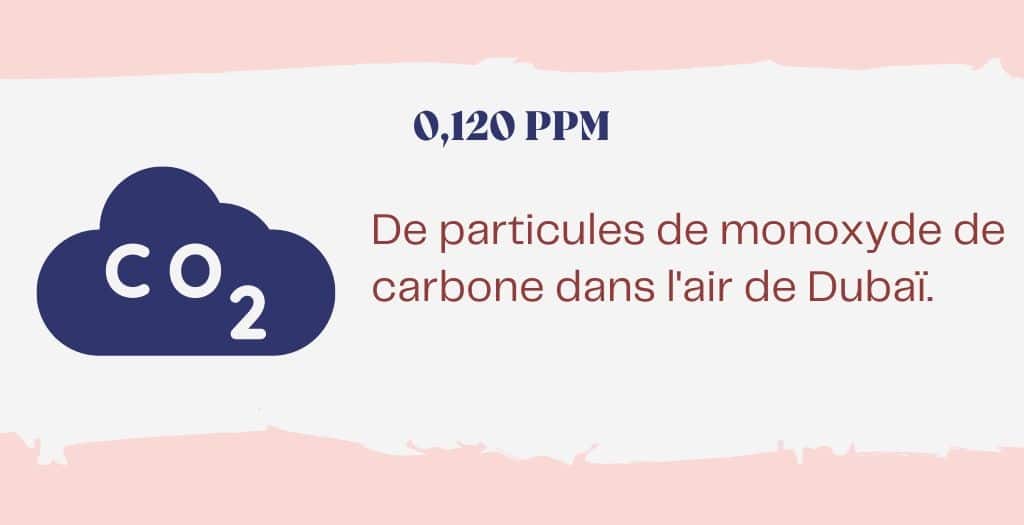
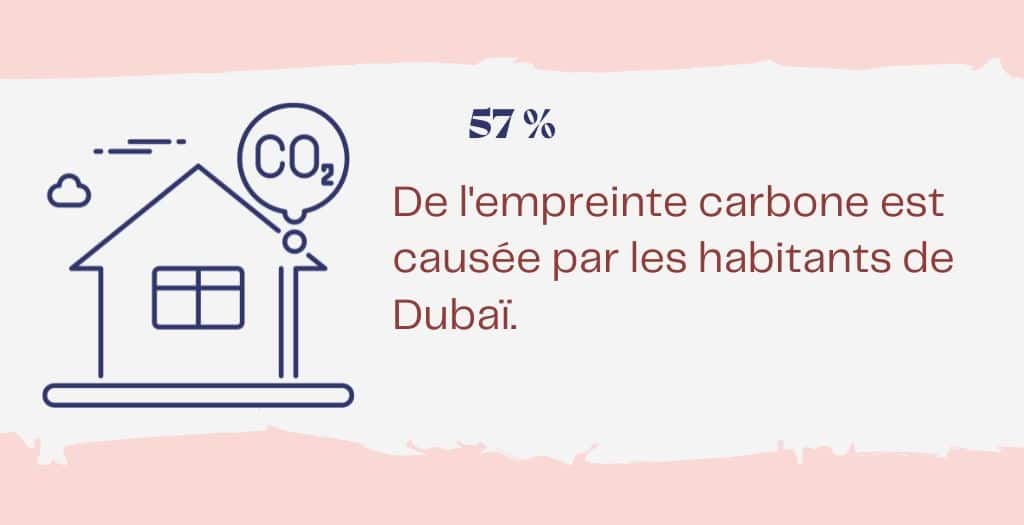
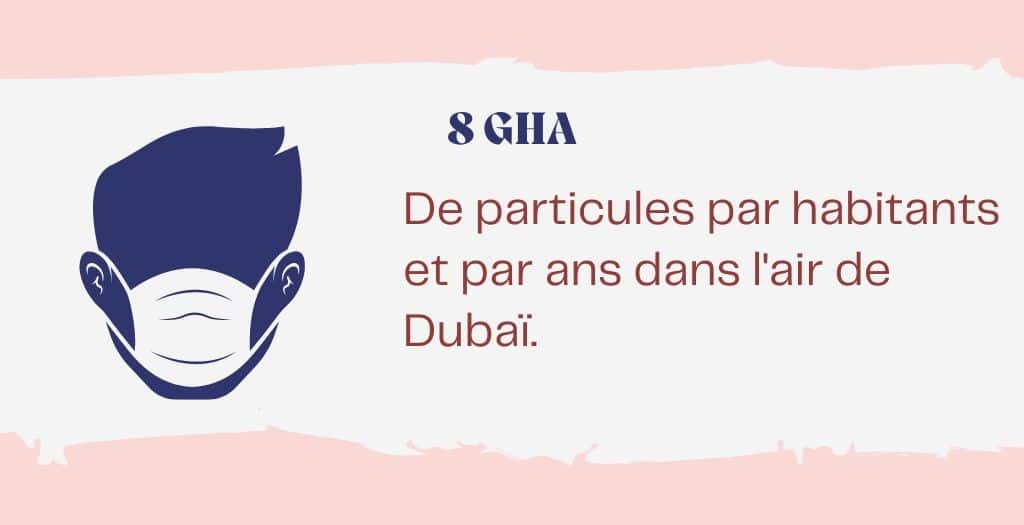
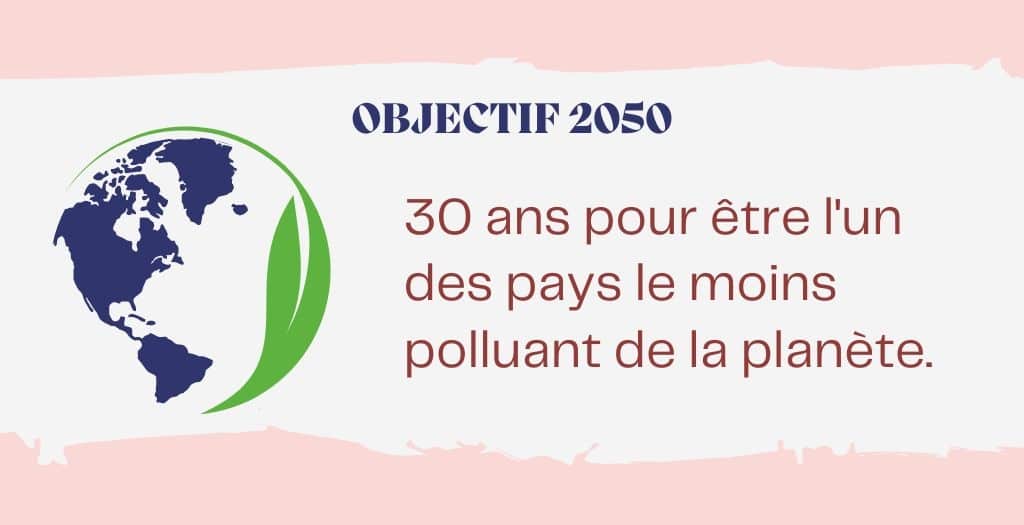
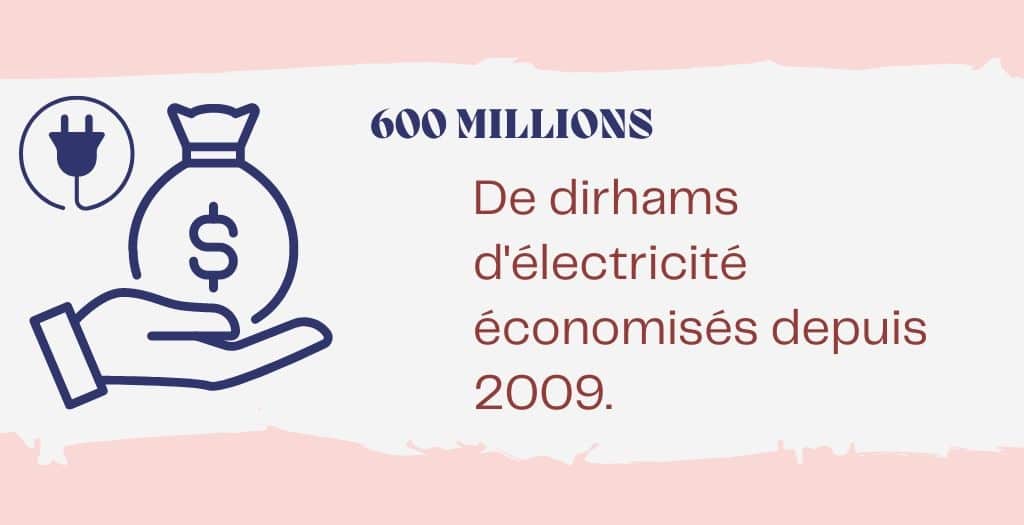
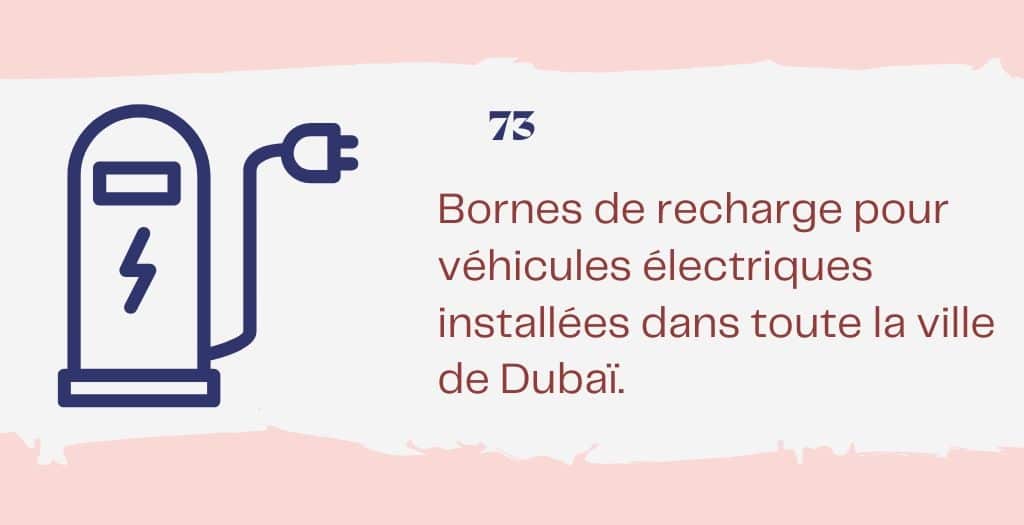
Leave a Reply